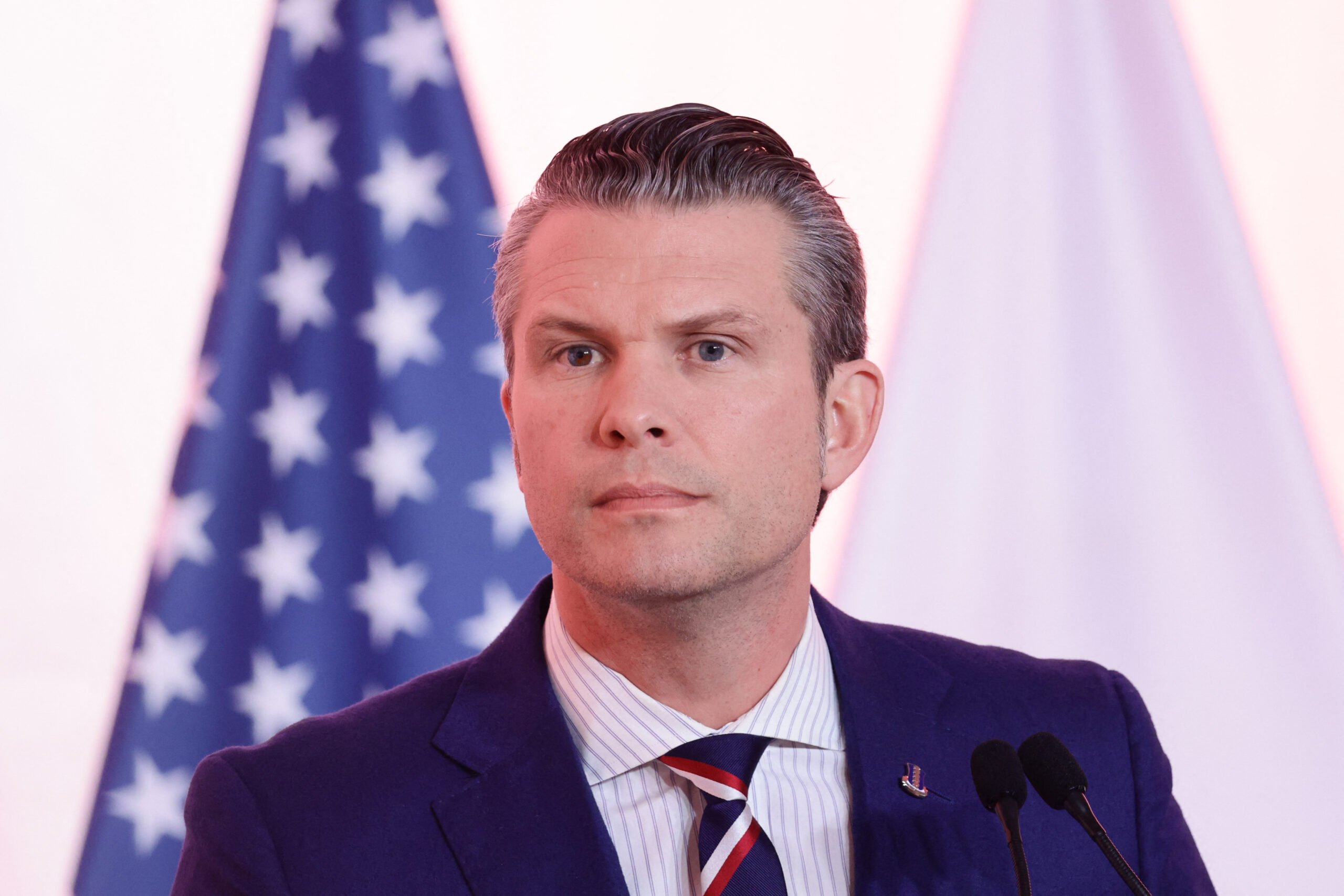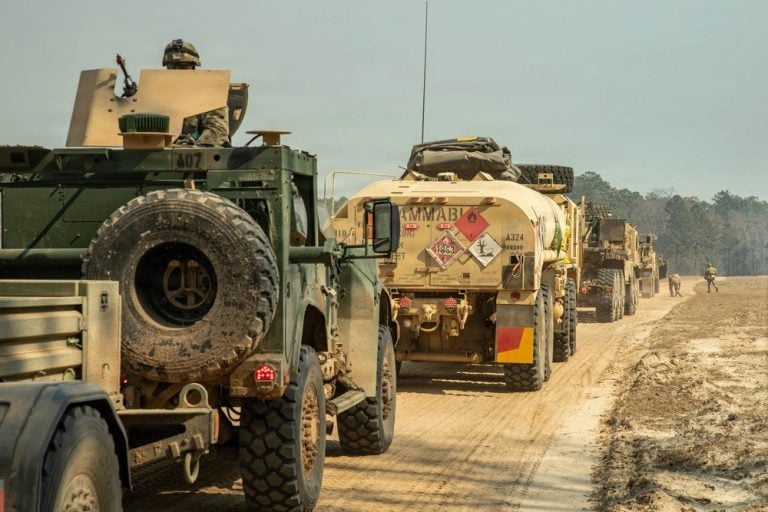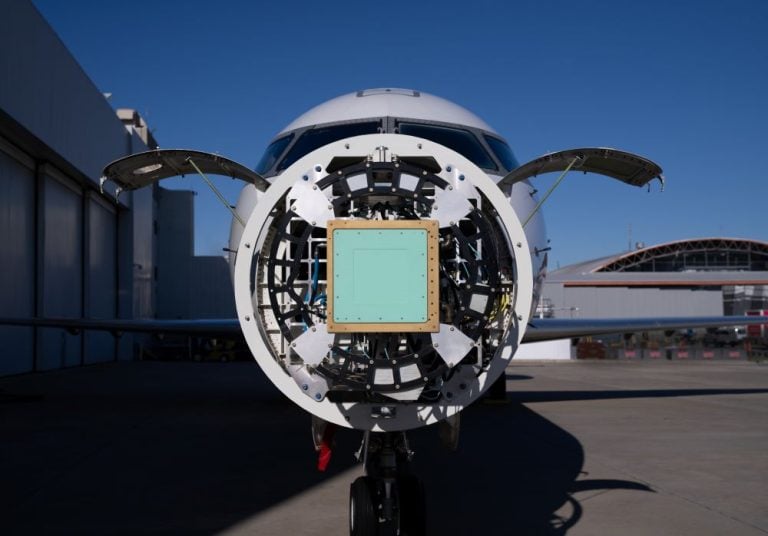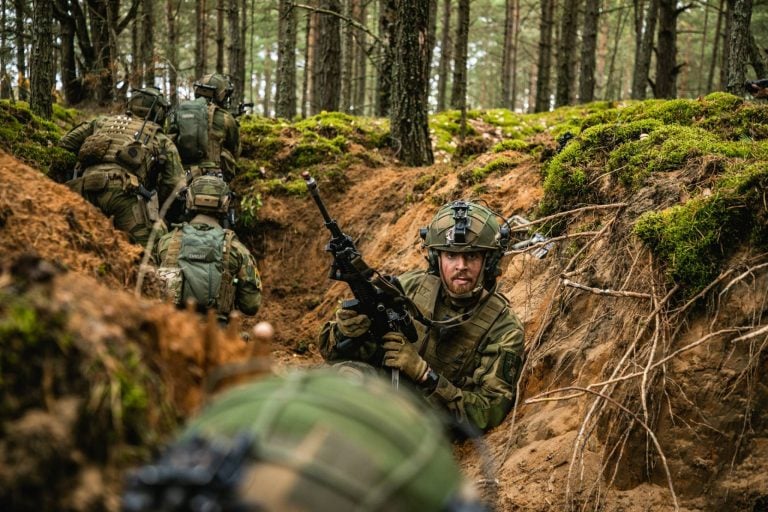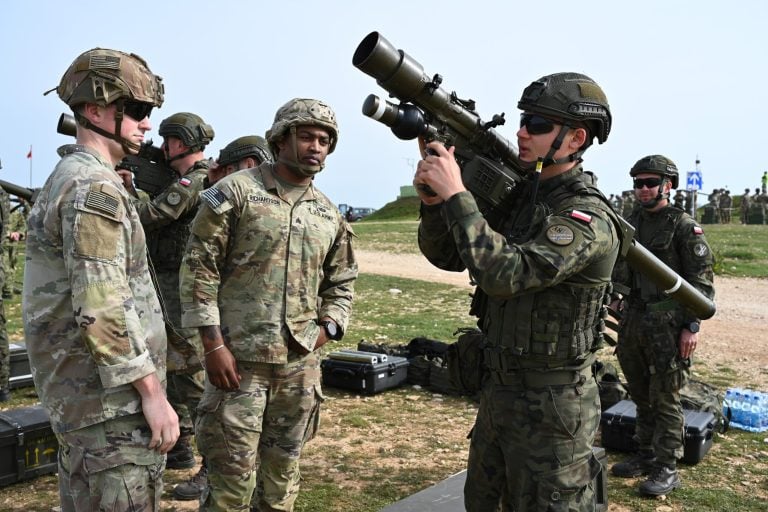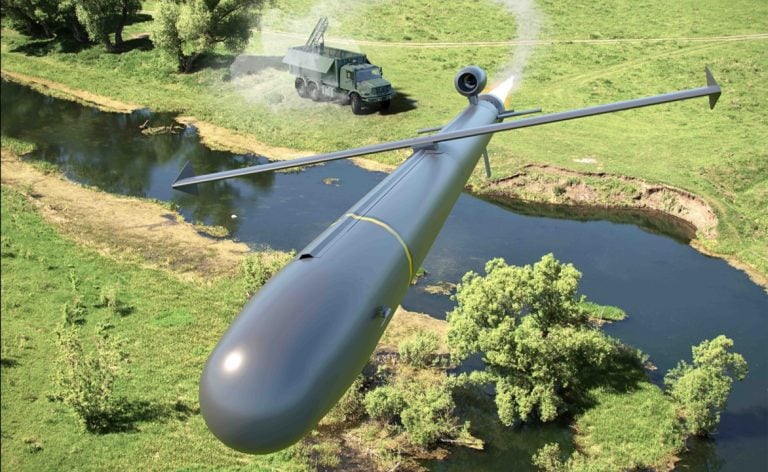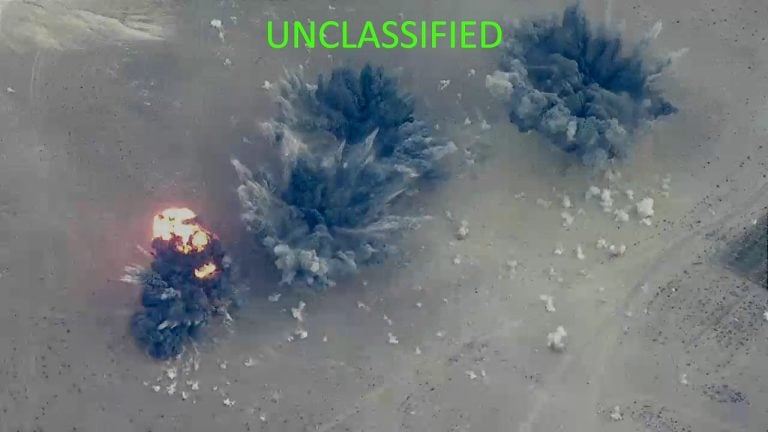In a move to bolster counter-narcotics efforts in the Caribbean, Pentagon chief Pete Hegseth made unexpected visits to Puerto Rico and the USS Iwo Jima on a recent Monday. Accompanying him was General Dan Caine, the top US military officer. Their arrival was announced by the governor of Puerto Rico, Jenniffer Gonzalez-Colon, who expressed gratitude towards the Trump administration for acknowledging the strategic significance of Puerto Rico in the fight against drug trafficking, particularly in relation to Venezuelan leader Nicolás Maduro.
The United States has accused Maduro of heading a cocaine trafficking cartel, recently increasing the bounty for his capture to $50 million. The U.S. has intensified its efforts in the region, asserting that Maduro’s government plays a critical role in perpetuating drug trafficking activities that affect American communities.
While the Pentagon did not elaborate on the specifics of Hegseth’s visit, a post on social media highlighted his presence on the USS Iwo Jima, part of the U.S. Navy’s operations to combat drug smuggling in Latin America. During his address to military personnel, Hegseth underscored the importance of their mission, stating that their actions were crucial in “ending the poisoning of the American people” through drugs.
This visit comes on the heels of a recent U.S. strike against an alleged drug-smuggling vessel originating from Venezuela, which reportedly resulted in the deaths of 11 members of the Tren de Aragua gang. The escalating tensions between the U.S. and Venezuela have been marked by accusations, including an incident where the Pentagon claimed that a Venezuelan military aircraft approached one of its ships in the Caribbean.
Washington has responded to the situation by deploying additional military assets to the region, including eight warships—seven in the Caribbean and one in the Pacific—along with the dispatch of 10 advanced F-35 jets to Puerto Rico. According to recent statements by President Trump, military engagement against threats posed by Venezuelan forces may escalate, with Trump indicating a willingness to shoot down any Venezuelan military aircraft that threaten U.S. operations.
Amid these developments, Maduro announced the mobilization of 25,000 troops to the Venezuelan borders, citing a need to protect national sovereignty and security in light of the U.S. military presence. The U.S. government had previously designated the Tren de Aragua as a terrorist organization, a step that aligns with broader U.S. counterterrorism strategies.
Experts note that the use of lethal force against suspected drug cartel members without prior judicial processes reflects a continuation of U.S. strategies against perceived threats, reminiscent of the historical “War on Terror.” U.S. officials, including Hegseth, have signaled that operations targeting drug trafficking organizations will persist as part of the government’s broader commitment to address drug-related issues affecting the nation.
